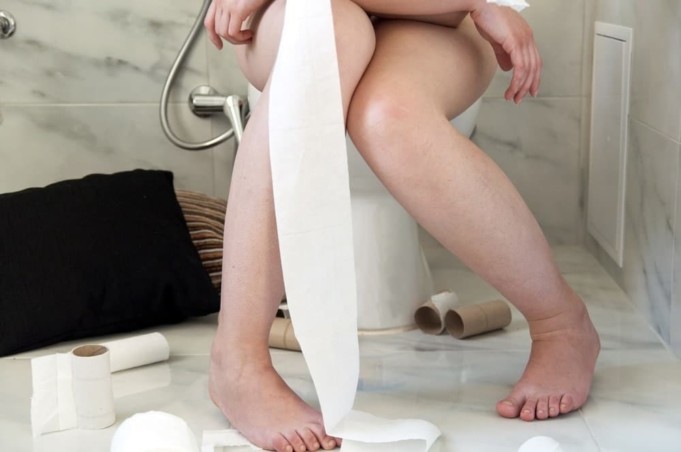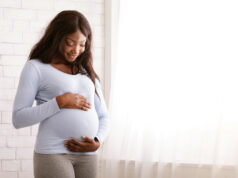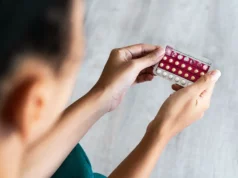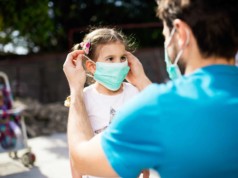Digestive problems that include constipation and diarrhea could often occur during pregnancy. This is as a result of shifting hormones, changes in food, and stress.
The truth is, pregnant women tend to deal with diarrhea quite a lot, and if they are not careful, it can result in serious problems. Kindly read further to discover what you can do to lessen the discomfort when it comes.
The reason diarrhea is widespread during pregnancy
If you suffer three or more open bowel movements in a day, you might have diarrhea. Diarrhea during pregnancy is widespread, but in as much as you have diarrhea doesn’t necessarily imply that it is directly associated with your pregnancy.
Below are other factors that can cause to have diarrhea:
- Bacteria
- Virus
- Food poisoning
- Intestinal parasites
- Stomach flu
- Medications
Specific conditions also make diarrhea more popular, and it includes irritable bowel syndrome, celiac disease, Crohn’s disease, and ulcerative colitis.
Pregnancy-related factors
Pregnancy-related factors that can prompt diarrhea include:
Diet changes
Several women make tremendous diet changes when they discover that they are pregnant. This unexpected change in your diet intake can upset your stomach and potentially spur diarrhea
New food sensitivities
Food sensitivities could be among the factor that influences the changes you feel during pregnancy. Foods that have never disturbed you before getting pregnant might now leave you with gas, a troubled stomach, and diarrhea
Prenatal vitamins
Consuming prenatal vitamins is useful for your health and the health of your maturing baby. Nevertheless, these vitamins could provoke your stomach and induce diarrhea
Hormone alterations
Hormones might cause your digestive system to slow down, so constipation could be a problem. Also, hormones can excessively boost your digestive system, which could make diarrhea a problem
Diarrhea is more prevalent during the third trimester
As you get closer to your due date, you might discover that diarrhea tends to come often. That could be because your body is equipping itself for childbirth. Diarrhea does not certainly suggest that your delivery is just some days away, so don’t be surprised by the increased regularity.
Many women won’t even undergo frequent diarrhea during their third trimester, although others will. Each person’s experience differs.
Treatments for diarrhea during pregnancy
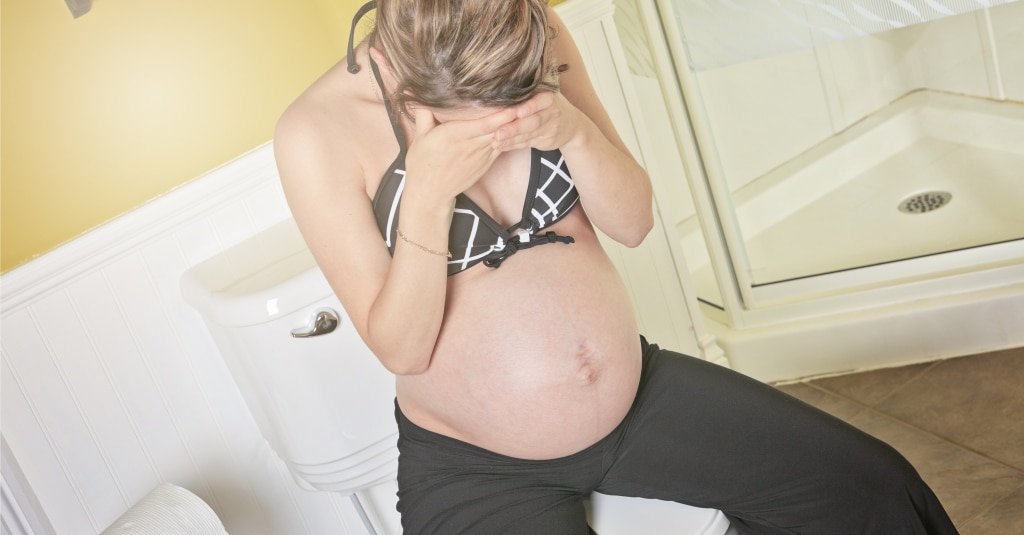
If you are skeptical about medications while you are pregnant, there is some good news. You might not need to take any more drugs to deal with your diarrhea.
Occasionally, most cases of diarrhea become cured without treatment. Nevertheless, if you desire something else, some treatments are available that you can try out.
How you can treat diarrhea during pregnancy:
Give it time
Most cases of diarrhea will become cured in a few days. This is usually the case if your diarrhea is caused by food poisoning, a bug, a virus, or bacteria. Just stay hydrated during these few days.
Consider your prescription
If a medication you are taking is prompting diarrhea, your body might be able to regulate it, and diarrhea could cease. But If it doesn’t, speak to your doctor. You could make an appointment to visit your doctor if your diarrhea persists after two or three days.
Your healthcare provider will perform a physical exam and might take some blood to discern what is causing the diarrhea.
Avoid complicated diets
Certain food groups can cause your diarrhea to get worse. Stay away from high-fat, fried foods, spicy diets, milk & dairy, and high-fiber foods.
Please do not put up with an over-the-counter antidiarrheal treatment without reviewing it with your doctor. Some conditions might get worse when you make use of these prescriptions. Also, they aren’t safe for everyone.
Remember to stay hydrated
If you are suffering from diarrhea, it is crucial to stay hydrated. Watery, loose bowel movements discard lots of fluid from your body, which could result in some severe complications, particularly for pregnant women.
Even when they aren’t suffering from any digestive issues, pregnant women need more water than everyone else. Consume water to replace the fluids you are losing. You can also consume juice and broth to restore some of the vitamins, electrolytes, and minerals your body may have lost.
When you should visit your doctor for treatment
Persistent diarrhea can result in dehydration and If your diarrhea persists for more than two or three days, see your doctor. Severe dehydration can result in some pregnancy problems.
Some of the signs of dehydration include:
- Dry, sticky mouth
- Dark yellow urine
- Dizziness
- Decreased urine output
- Lightheadedness
- Thirst
- Headache
You can avoid dehydration during pregnancy by consuming at least 16 glasses (80 ounces) of water each day.

